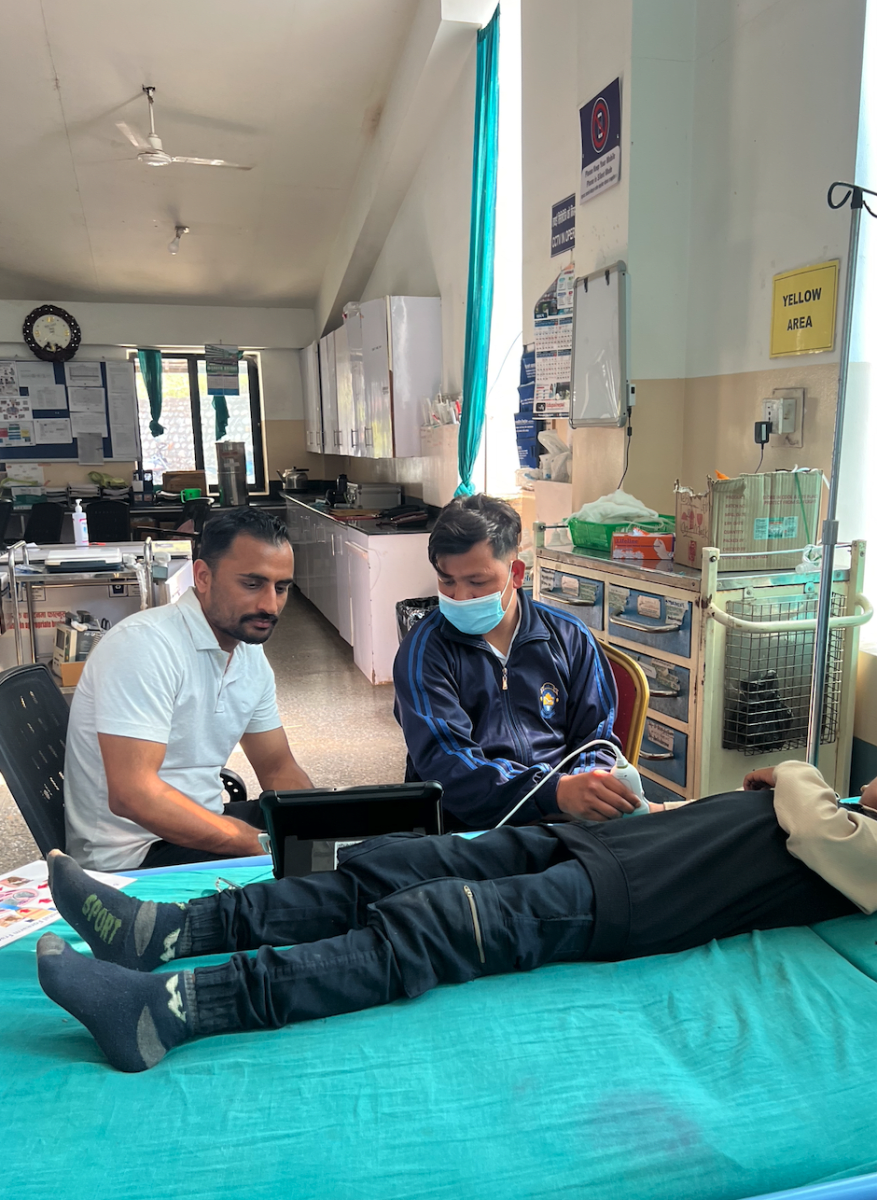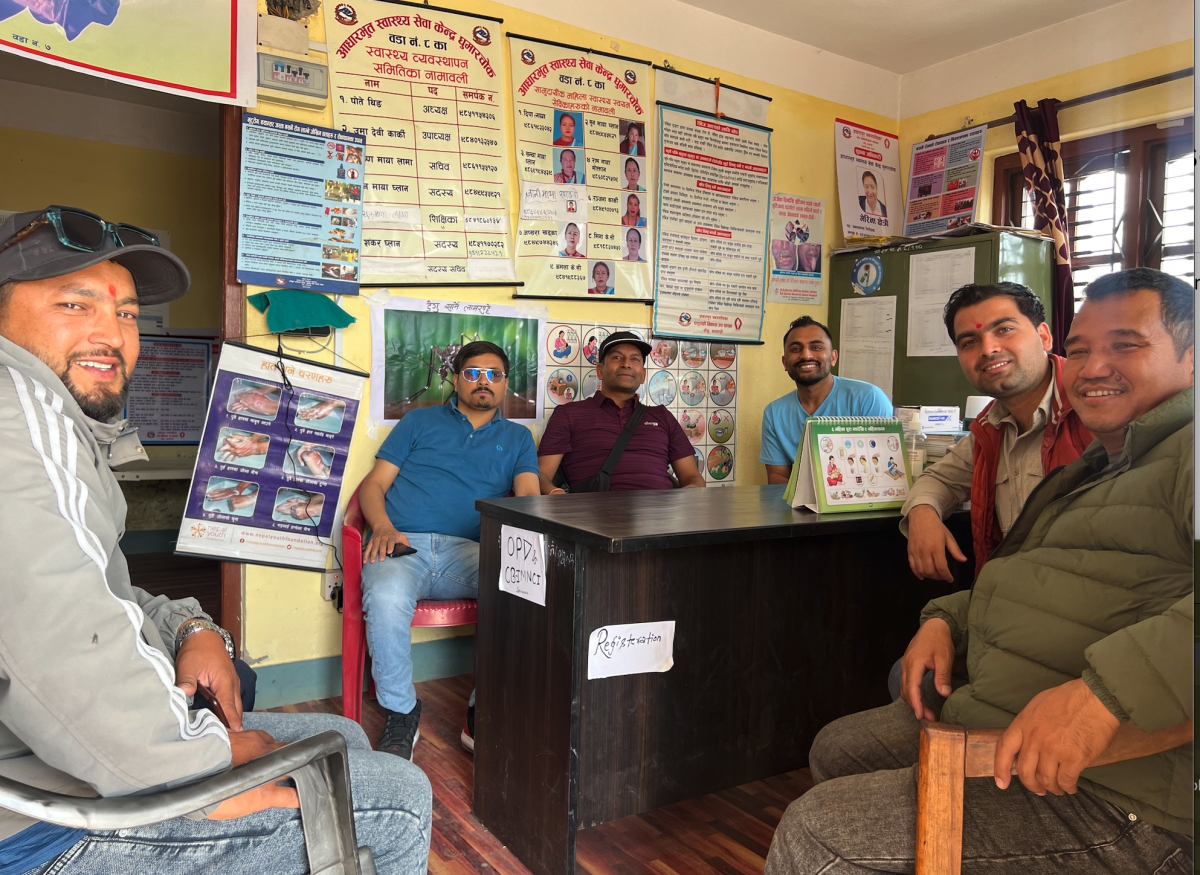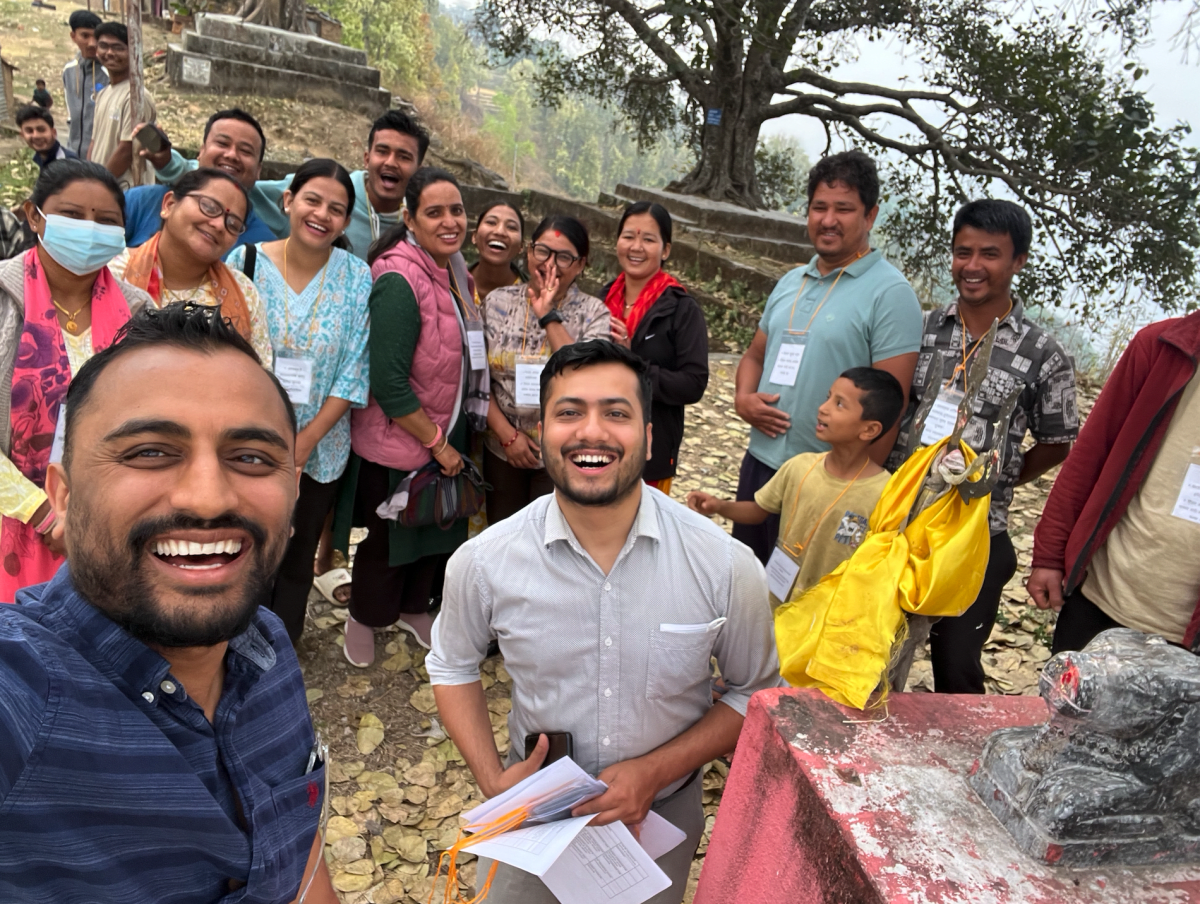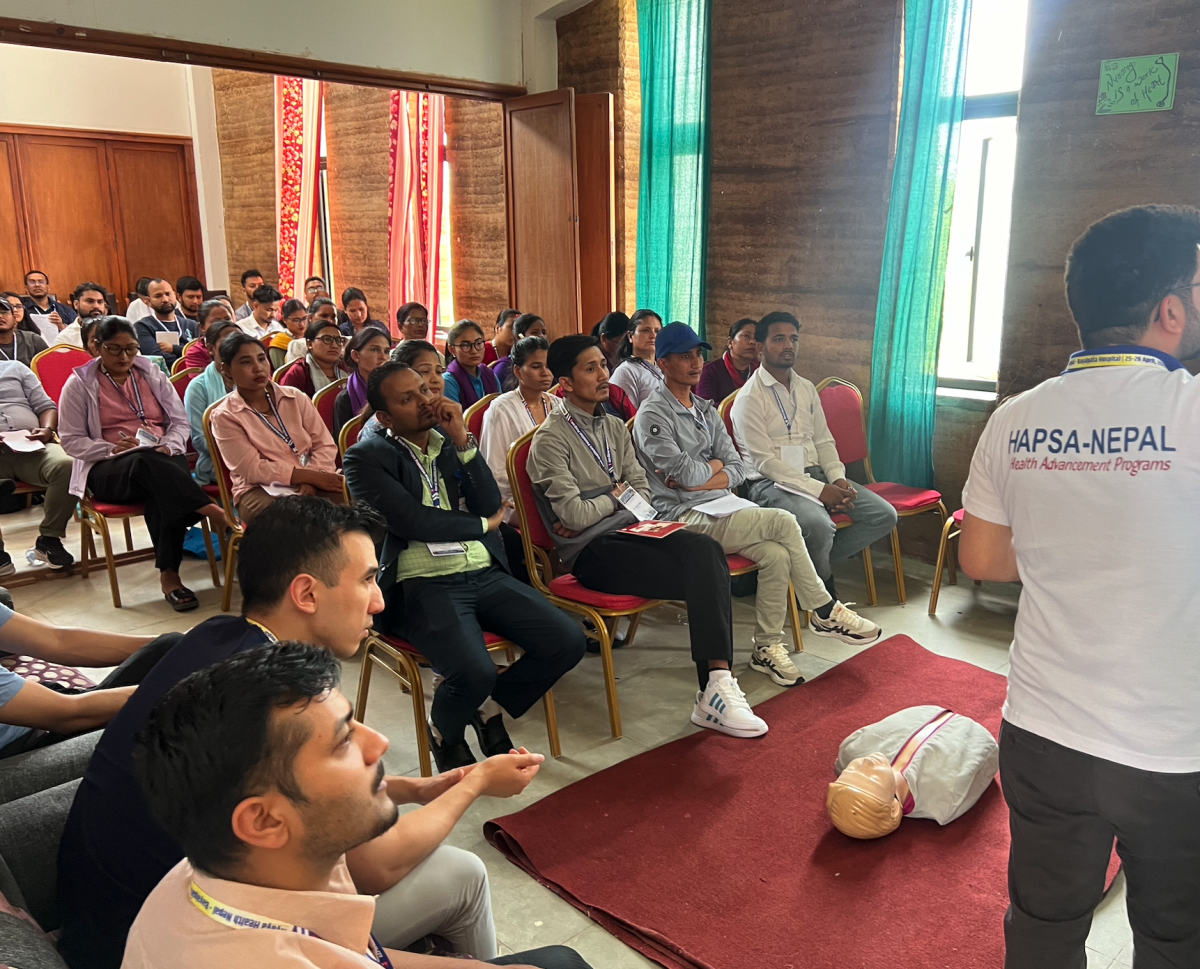I will be traveling to rural Nepal at a remote hospital called Bayalpata Hospital where we will conduct two important trainings for local providers and community. First, we will design and run a disaster drill for the community and hospital. The area is heavily prone to earthquakes and the need for disaster response training is high in the area. Second, we will conduct a week long ultrasound workshop to teach healthcare workers how to diagnose upper extremity fractures, identify emergent conditions and treat them with the aid of Ultrasound. These two activities will make a significant impact to local population when it comes to disaster readiness and daignosis and treatment of common emergent conditions. Given lack of other imaging and high tech modalities in this rural area, both of these training programs will serve to benefit the local population.
The people served will be rural Nepali population who otherwise don't have access to health care. The nearest facility with CT imaging availability in this region is 12 hours away, and the use of ultrasound has shown to save lives here. This population was chosen due to my personal experiences over the last 5 years where I have collaborated with the local hospital to conduct various programming and improve prehospital and in-hospital care at this facility. Furthermore, physicians and other healthcare providers in this region will also benefit immensely from this project.
The expected impact of this trip will be two fold: 1) we will have better equipped the local hospital in this disaster prone region to be able to respond to future disasters and mass casulty events 2) we also expect the hospital and providers to have the adequate skills to use ultrasound for diagnosis of emergent condition and use it as aid to treat these conditions as well .The learnings done during this trip will be followed by virtual meetings monthly with the local leaders at Bayalpata and with necessary virtual trainings. Additionally, I will return to the site in November to conduct a refresher training. With trained workforce at this hospital, future trainings will be led by the local staff.














With the travel support of the Dox Foundation, I recently returned from a successful field visit to Bayalpata Hospital in rural western Nepal, where we implemented two critical initiatives aimed at strengthening local healthcare capacity.
First, we followed up on a UN disaster readiness survey previously conducted by conducting a mass casualty incident drill and prepradeness assessment at Bayalpata Hospital. In collaboration with hospital leadership, community stakeholders, and the organization Health Advancement Programs to Serve All (HAPSA), we conducted a full-scale disaster simulation focused on a MCI. The MCI drill involved over 50 participants, including hospital staff, local police, and community volunteers. The training emphasized triage, communication, and coordinated response protocols. Post-drill debriefings revealed critical insights and areas for improvement, and our team provided practical tools and guidelines to enhance disaster readiness moving forward.
Second, we also launched trained mid-level providers in using POCUS to diagnose upper extremity fractures. A week-long program included ultrasound workshop designed for mid-level providers (MLPs) and physicians to build diagnostic capacity in musculoskeletal injuries—particularly upper extremity fractures. Given the lack of advanced imaging like X-rays or CT in this remote region, training on a standardized 6-view POCUS protocol was well received. Participants practiced hands-on scanning with real cases, and we distributed reference materials and digital resources for continued learning. This training is part of an ongoing implementation research project that will continue with follow-up support and data collection. Furthermore, additional trainigns for EFast and hand-only CPR for community members were conducted under my leadership.
Additionally during this visit, various meetings for a local community based organization, HAPSA Nepal, were conducted. A MOU was signed with police officers (APF) to advance CPR training for them. Additionally, we made significant strides in poison center work in Nepal, signing MOU for another poison center at Dhulikhel Hospital.
This trip ended with presentation at international conference, World Association for Disaster and Emergency Medicine (WADEM), in Tokyo Japan. At this conference, myself or my team had 5 total oral presentations.
This visit not only strengthened clinical and emergency preparedness capacity but also deepened long-standing collaborations with Bayalpata Hospital, and the broader HAPSA Nepal network. Plans are already underway for virtual follow-ups and a return visit in November for refresher training and project evaluation.
I am very thankful to Dox Foundation for supporting the travel for this trip.